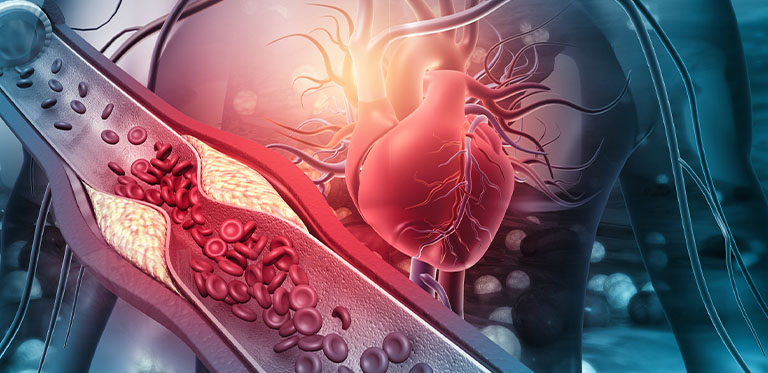Atrial fibrillation (AFib) is an irregular heart rhythm that affects the upper chambers (atria) of the heart. This arrhythmia prevents blood from being pumped efficiently to the rest of your body. As a result, AFib may impact your ability to perform daily activities, cause you to feel tired and impact your overall quality of life.
AFib ablation is a minimally invasive procedure that uses hot or cold energy to create scars in your heart tissue where the arrhythmia, or irregular/abnormal heart rhythm, is occurring. At Heritage Valley Beaver, we use Cryoablation (cold) and Radiofrequency (hot) ablation methods. The scars help to block the transmission of the electrical signals that cause the atrial fibrillation.
In most cases, a catheter is inserted into a large vein or artery in your groin, although sometimes a vein in your arm or neck might be used. The procedure typically takes between one – two hours, and you either return home the same day or have a short overnight stay. Afterward, you may experience some soreness or bruising at the procedure site, and you will need to avoid strenuous activities and heavy lifting for at least a week.
By re-establishing normal heart rhythms in people with certain arrhythmias, AFib ablation can help to control the heart rate in people with rapid arrhythmias and reduce the risk of blood clots, strokes, heart failure or other health complications.
